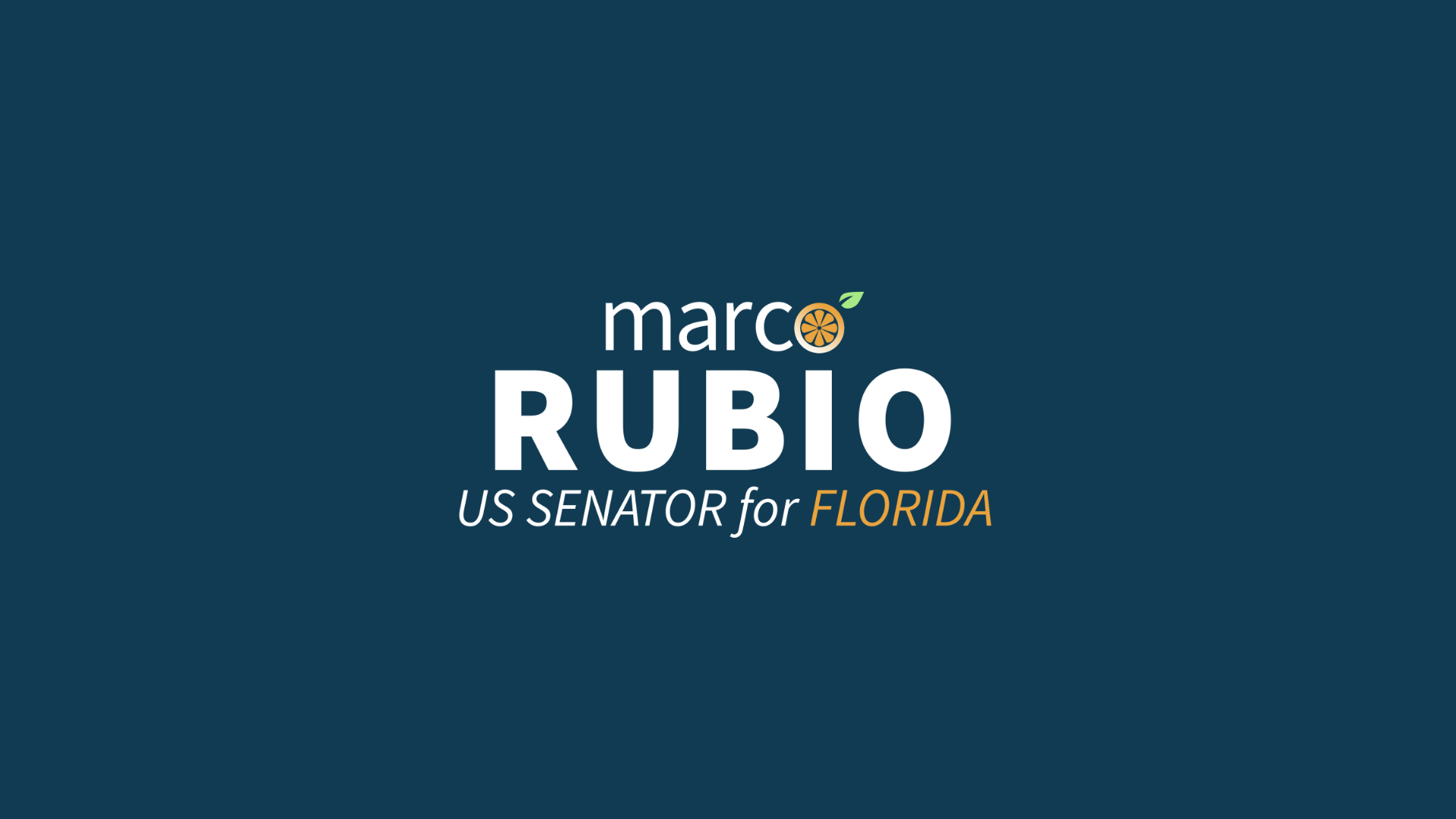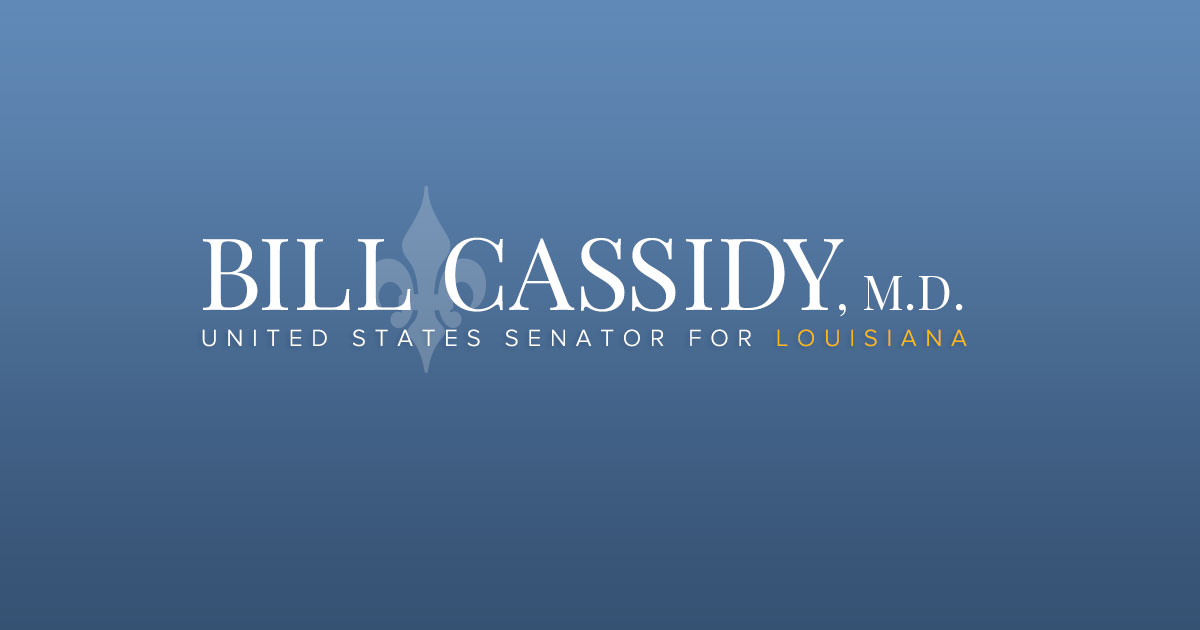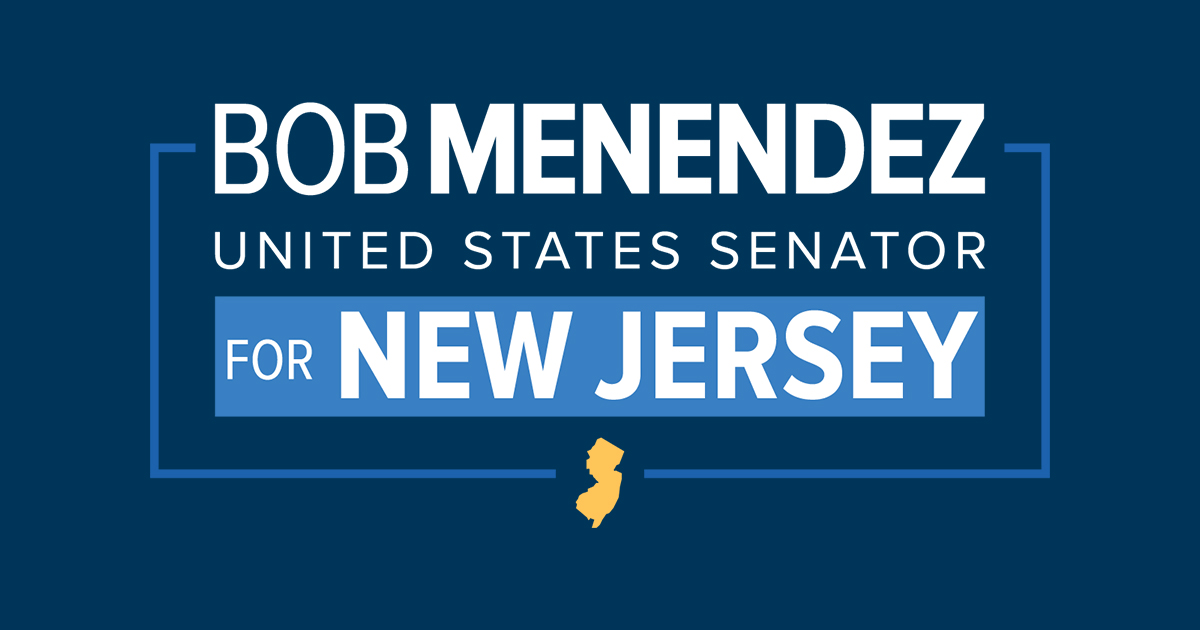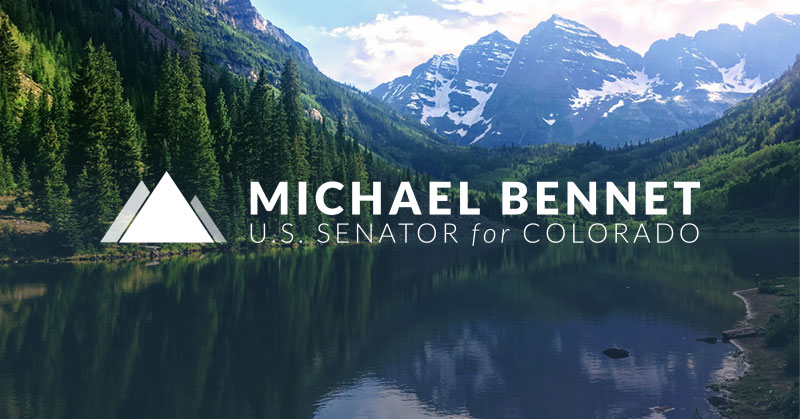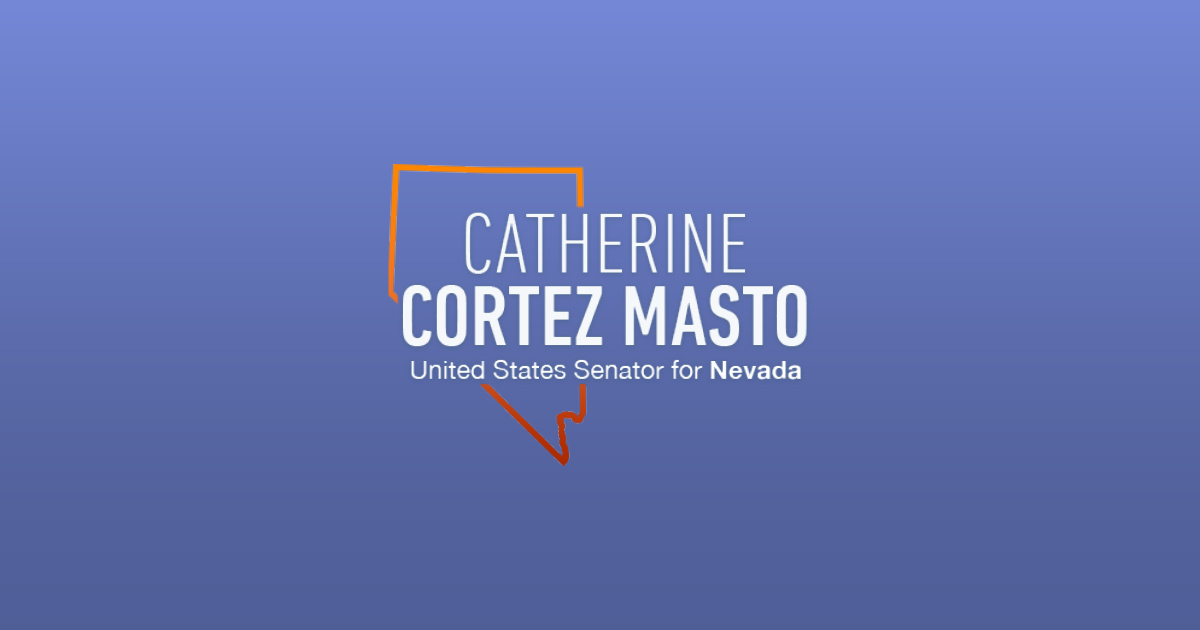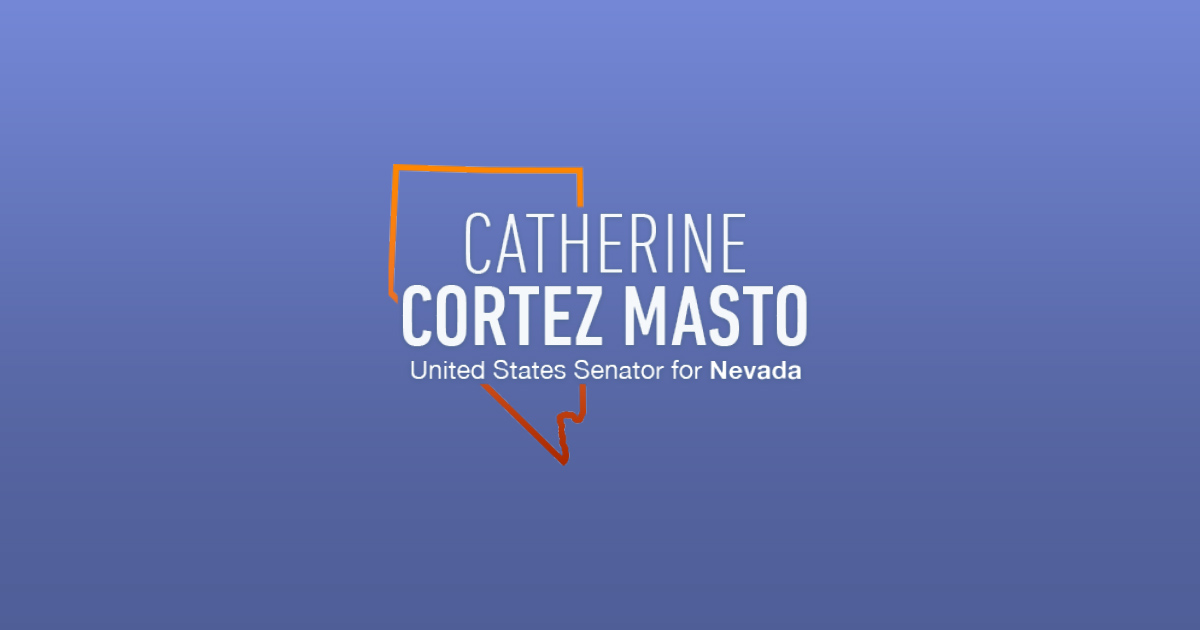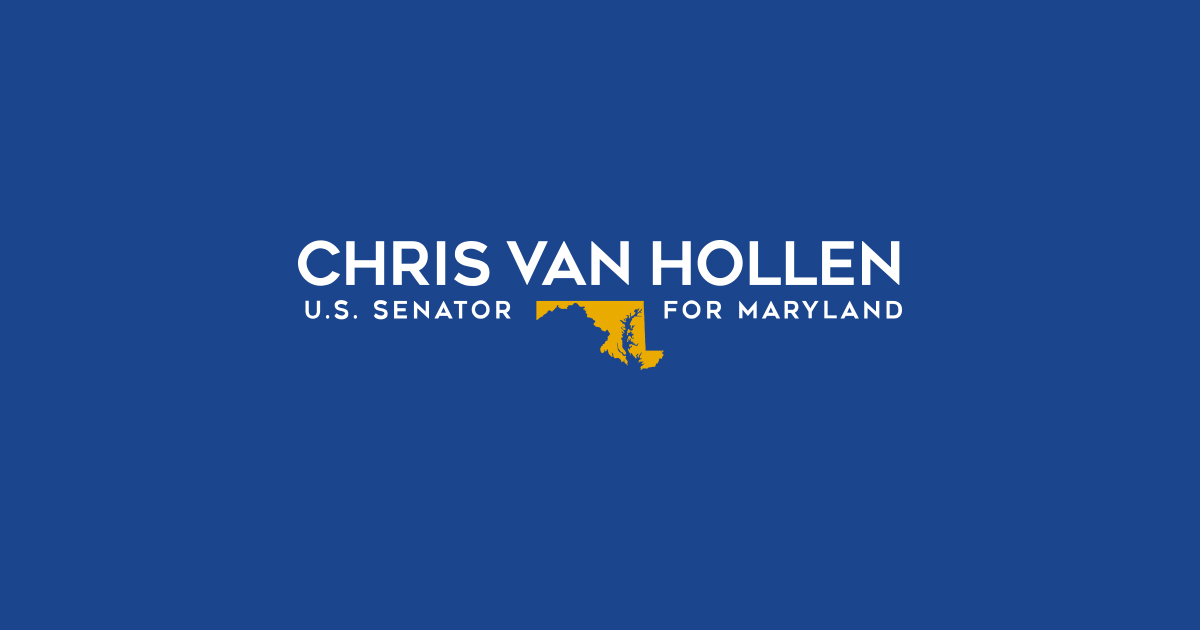Source: United States Senator for Rhode Island Jack Reed
WASHINGTON, DC – Much like the U.S. Navy’s newest submarines, Rhode Island’s defense sector is cutting-edge, technology-driven, and contributes to keeping our nation safe.
A new economic impact study released today by SENEDIA shows that the total direct and indirect economic impact from defense spending in Rhode Island accounted for $7.6 billion in 2022.
The report found that Rhode Island’s defense industry is growing and supported a total of 34,068 direct and indirect jobs across the Ocean State with an annual payroll of $3 billion.
U.S. Senator Jack Reed (D-RI), the Chairman of the Senate Armed Services Committee (SASC), attributed much of this economic impact to critical investments in undersea technology defense research and development enterprises, including submarines built at Quonset Point by employees of General Dynamics Electric Boat (EB), as well as work conducted at the Naval Undersea Warfare Center (NUWC) Division Newport, Naval Station (NAVSTA) Newport, and the Naval War College. These facilities, along with leading academic research institutions and a network of suppliers and small businesses, are contributing to a booming defense industry that is boosting Rhode Island’s economy and leading to advancements in technology and innovation.
“This report highlights how impactful Rhode Island’s defense workers are to the economic well-being of our state and the region. We have a robust national defense innovation ecosystem in Rhode Island and are continuing to add new, good-paying jobs across a range of programs, whether they are welders, engineers, executives, or entrepreneurs. And we’re laser-focused on workforce training and continuing to attract top talent to Rhode Island across a variety of fields. The network, infrastructure, and brain power we have here is a real force multiplier,” said Reed.
According to the Rhode-Island based trade group SENEDIA, Rhode Island’s military infrastructure employed 13,284 individuals in 2022, including 3,793 active-duty military personnel from the Army, Navy, Marine Corps, Air Force, Space Force, and U.S. Coast Guard; 4,373 National Guard members; and 5,118 civilians employed by the U.S. Department of Defense (DOD). The report states: “The generation of $3.0 billion in income for households including $1.5 billion from the private defense industry and $1.5 billion from the Military Defense Infrastructure. The Defense Cluster supported 8.9 percent of the total income generated in the state.” The report also concludes that the defense cluster contributed to 10.7 percent of the total output produced in the state.
Since Reed became Chairman of SASC in February 2021, he has helped deliver significant funding increases in submarine construction, procurement, and research and development. This federal investment and construction work has resulted in a significant hiring demand in Rhode Island, with EB announcing plans to hire 1,500 more positions at its Quonset Point facility this year.
EB workers are currently building two Virginia-class attack submarines per year. In December, the company was awarded a $5.1 billion contract for the construction of the first two Columbia-class submarines.
The 12-ship Columbia-class will replace the aging fleet of 14 Ohio-class nuclear ballistic submarines, which are a strategic deterrent and key component of the United States’ nuclear triad.
“When it comes to national defense, the importance of America’s submarine fleet as one of the strongest deterrents in the U.S. military arsenal cannot be overstated.” said Reed, a senior member of the Appropriations Subcommittee on Defense. “For Rhode Island’s economy, our undersea technology and submarine manufacturing workforce have a tremendous impact. Their skill helps keep America safe and the jobs in this industry help make our economy stronger.”
“The Defense Cluster is an engine of innovation nationwide, and especially here in New England, where billions of dollars in economic activity are generated and hundreds of thousands of military and civilian employees have high-wage, high-tech, high-demand careers,” said Molly Donohue Magee, Executive Director of SENEDIA. “A robust Defense Cluster is essential to national security and this report demonstrates that it is equally critical for our economy.”
Reed commended SENEDIA for working with the state and other New England partners to address regional issues, such as workforce development and modernizing defense manufacturing infrastructure to address supply chain capacity.
Last year, Senator Reed helped SENEDIA secure a $20.4 million contract extension from DOD to continue efforts to coordinate a robust regional workforce development partnership that will serve as a pipeline to help connect workers with employment opportunities across the submarine industrial base.
Not only do these jobs sustain the defense cluster in Rhode Island and across New England, they also support additional jobs in other sectors of the region’s economy. According to the SENEDIA study, in New England, “every 100 direct jobs created in the private defense industry support an additional 102 jobs in other sectors of the region’s economy.”
